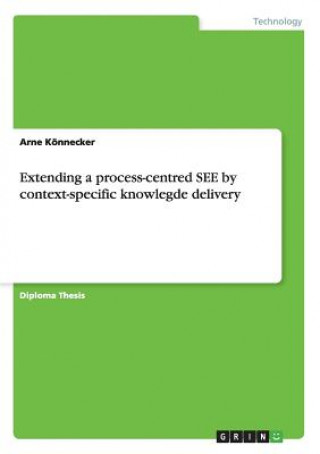
Code: 01608919
Extending a process-centred SEE by context-specific knowlegde delivery
by Arne Könnecker
Diploma Thesis from the year 2000 in the subject Computer Science - Software, grade: sehr gut, University of Kaiserslautern (Department of Computer Science - Artificial Intelligence / Knowledge Based Systems Group), 30 entries in ... more
- Language:
 English
English - Binding: Paperback
- Number of pages: 116
Publisher: Grin Publishing, 2008
- More about this

You might also like
-

Conditions for Global Cooperation - Carbon Pricing
45.97 € -
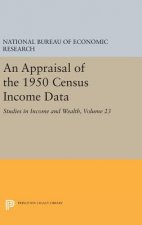
Appraisal of the 1950 Census Income Data, Volume 23
260.21 € -

Poetry of Victorian Scientists
148.28 € -

Spirituality in Dark Places
70.86 € -

Summer House
11.36 € -13 % -

Literature, Ecology, Ethics
39.21 € -

Sarbanes-Oxley Act und die Wirkung auf die IT
95.23 €
Give this book as a present today
- Order book and choose Gift Order.
- We will send you book gift voucher at once. You can give it out to anyone.
- Book will be send to donee, nothing more to care about.
More about Extending a process-centred SEE by context-specific knowlegde delivery
You get 205 loyalty points
 Book synopsis
Book synopsis
Diploma Thesis from the year 2000 in the subject Computer Science - Software, grade: sehr gut, University of Kaiserslautern (Department of Computer Science - Artificial Intelligence / Knowledge Based Systems Group), 30 entries in the bibliography, language: English, abstract: Process-centred software engineering environments (PSEE) [Garg96] are acknowledged tools to help in planning, managing and executing today s software projects. Their support is mainly focused on the coordination of the different activities within a project following a defined development process, i.e. focused on project coordination. That is why the support for the individual participating agent in performing tasks (which have been assigned to him) is mainly restricted to provide access to input products for a task and to tools to create defined output products.Main tasks for a software project are the creation of a project plan and the enactment of this project plan in order to deliver certain software products. Planning and enactment tasks require access to multiple information related to the current project context. If no direct access can be supported, e.g., in the form of defined input products for a task, agents are confronted with issues to identify and find suitable information. This information can be distributed, heterogeneous, unstable (i.e. being prone to changes), hard to find, and the retrieval task can disturb the current workflow as it is commonly not a defined part of the development workflow. Even if suitable information does exist agents are not always aware of the existence and where to find it. The big issue of reusing experience [Basili91] in form of documented descriptions becomes obsolete if agents do not know that they exist and how to integrate it.Another main stream which has been adopted from the field of artificial intelligence to the field of software development is knowledge management (KM) [Wiig93]. Different concepts in software development use its foundations to build knowledge bases like organisational memories (OM) [Ungson91], experience factories (EF) with experience bases (EB) [Basili94], case-based reasoning systems (CBR) [Althoff98] and derive concepts for learning software organisations (LSO). They encompass mechanisms which help to capture and make information and knowledge accessible and (re)usable. [...]
 Book details
Book details
Book category Knihy po anglicky Computing & information technology Business applications
82.94 €
- Full title: Extending a process-centred SEE by context-specific knowlegde delivery
- Author: Arne Könnecker
- Language:
 English
English - Binding: Paperback
- Number of pages: 116
- EAN: 9783638934343
- ISBN: 3638934349
- ID: 01608919
- Publisher: Grin Publishing
- Weight: 159 g
- Dimensions: 210 × 148 × 7 mm
- Date of publishing: 21. April 2008
Trending among others
-

Code Complete
46.89 € -16 % -

Blender For Dummies
36.55 € -21 % -

Pathfinder RPG Bestiary 3 Pocket Edition (P2)
25.18 € -3 % -
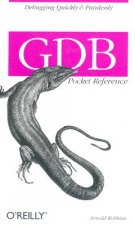
GDB Pocket Reference
16.99 € -20 % -

NetSuite For Dummies
24.77 € -21 % -

Great ScrumMaster, The
36.75 € -
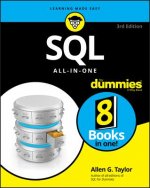
SQL All-in-One For Dummies, 3rd Edition
28.87 € -30 % -
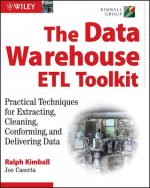
Data Warehouse ETL Toolkit - Practical Techniques for Extracting, Cleaning, Conforming and Delivering Data
49.76 € -

CompTIA Network+ Study Guide: Exam N10-008 5e
55.60 € -6 % -
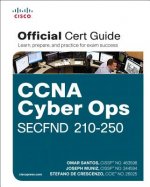
CCNA Cyber Ops SECFND #210-250 Official Cert Guide
49.76 € -

Excel VBA
20.47 € -3 % -

Adobe Photoshop CC For Dummies
32.66 € -20 % -

123s of D&d (Dungeons & Dragons Children's Book)
18.53 € -

BIG Book of Animal Crossing
12.38 € -14 % -
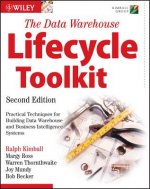
Data Warehouse Lifecycle Toolkit 2e
54.68 € -

MOS 2016 Study Guide for Microsoft Word
32.66 € -

Salesforce.com For Dummies, 7th Edition
29.18 € -21 % -

CompTIA Security+ SY0-501 Exam Cram
45.97 € -
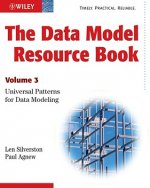
Data Model Resource Book - Universal Patterns for Data Modeling V3
94.21 € -

Animated Storytelling
31.22 € -5 % -
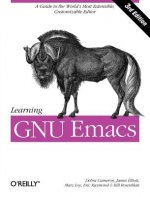
Learning GNU Emacs 3e
36.55 € -21 % -

Complete Book of Pokemon
34.60 € -

Mastering AutoCAD 2021 and AutoCAD LT 2021
56.21 € -20 % -
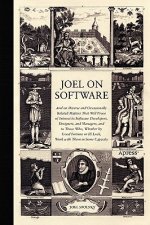
Joel on Software
37.37 € -18 % -
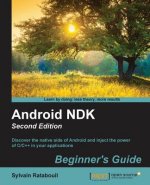
Android NDK: Beginner's Guide -
66.04 € -
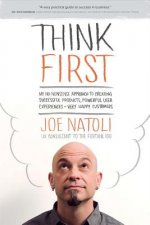
Think First
21.60 € -17 % -

LaTeX Beginner's Guide
49.56 € -
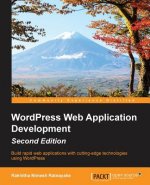
WordPress Web Application Development -
66.04 € -

MCSA 70-740 Cert Guide
56.21 € -

Crystal Reports XI: The Complete Reference
85.19 € -4 % -

Complete Guide to OneNote
44.23 € -4 % -
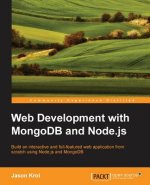
Web Development with MongoDB and Node.js
59.08 € -

OneNote
13.71 € -4 % -

CompTIA Project+ Cert Guide
56.72 € -
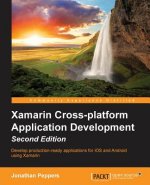
Xamarin Cross-platform Application Development -
54.37 € -
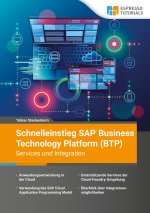
Schnelleinstieg SAP Business Technology Platform (BTP) - Services und Integration
31.84 € -

Xamarin Mobile Application Development for Android -
66.04 € -

Manager's Guide to Data Warehousing
71.98 € -

Scheduling in Distributed Computing Environment Using Dynamic Load Balancing
137.22 € -

CompTIA PenTest+ PT0-001 Cert Guide
62.25 € -

'TWAS
21.60 € -
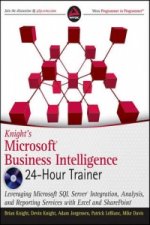
Knight's Microsoft Business Intelligence 24-Hour Trainer
44.43 € -13 % -

Ultimate Playstation Games Collection
24.87 € -13 % -

Microsoft Dynamics 365 Business Central Cookbook
59.08 € -

MUTANT EPOCH RPG
32.97 € -

Bitcoin For Dummies
22.93 € -6 % -
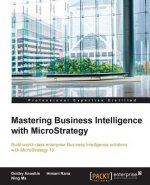
Mastering Business Intelligence with MicroStrategy
78.95 € -

PITFORD GATEWAY TO THE RUINS
29.59 € -

MALL OF DOOM
20.68 €
Osobný odber Bratislava a 2642 dalších
Copyright ©2008-24 najlacnejsie-knihy.sk Všetky práva vyhradenéSúkromieCookies



 21 miliónov titulov
21 miliónov titulov Vrátenie do mesiaca
Vrátenie do mesiaca 02/210 210 99 (8-15.30h)
02/210 210 99 (8-15.30h)